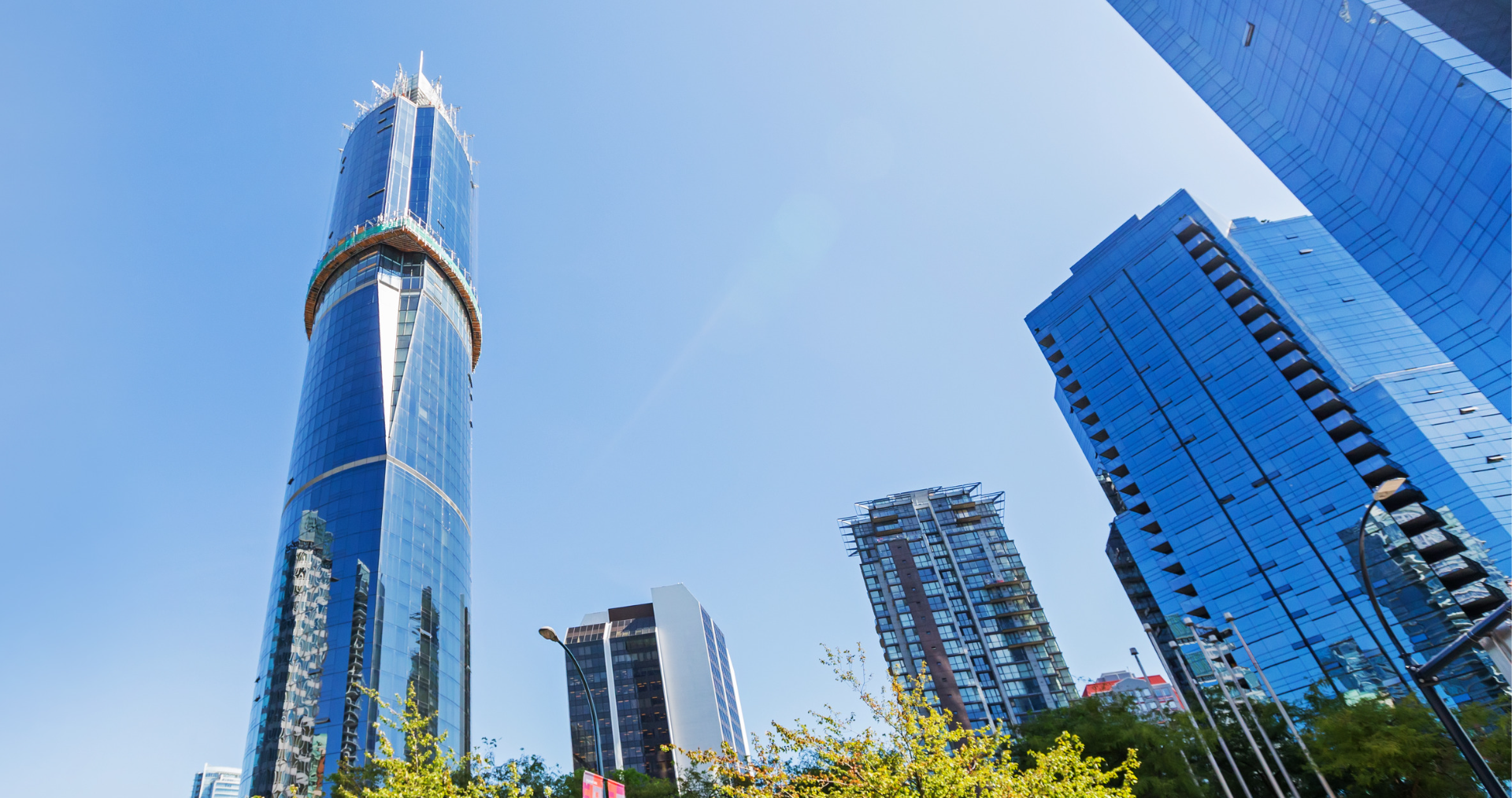
Legal Professions Regulatory Reform
On this page…
- The new Legal Professions Act
- Regulated Paralegal Working Group public consultation
- LPA implementation activity
- LPA litigation activity
- LPA Frequently Asked Questions (FAQ)
- 2022 engagement
Overview
Who: The Ministry of the Attorney General
What: Update how legal service providers are regulated
Where: Province-wide
Why: To increase access to legal services
How: Online
The new Legal Professions Act
On May 16, 2024, the Legal Professions Act (LPA) received Royal Assent. The LPA aims to increase access to legal services for people in B.C. Under the LPA, all regulated professionals will by regulated by Legal Professions BC (LPBC), and the public will have more choices when they need help with a legal problem or issue.
Regulated Paralegal Working Group public consultation
The LPA creates a new category of legal professional called a Regulated Paralegal.
In 2024, the Attorney General established a Working Group to recommend what legal services a Regulated Paralegal should be able to provide in B.C. The Working Group has prepared draft recommendations and is now seeking the public’s input.
Read the Working Group’s Report (PDF, 300KB)
Read the Executive Summary (PDF, 500KB)
Members of the public are encouraged to review the report and complete an online survey. The survey will be open until February 27, 2026.
The Working Group will consider the public’s feedback before finalizing its recommendations to the Ministry of the Attorney General. The ministry will consider those recommendations with important partners and stakeholders before creating a proposed scope (or scopes) of practice. Scope(s) will be established by regulation under the LPA.
LPA implementation activity
The LPA establishes several transitional bodies to work with the Law Society of British Columbia, the Society of Notaries Public of British Columbia, and other partners to transition to the new single regulator called Legal Professions British Columbia. This includes a transitional board, a transitional Indigenous council, and an advisory committee.
The transitional board is composed of 4 members appointed by the Law Society, one member appointed by the Notaries Society, one member appointed by the BC Paralegal Association, and one member appointed by the Lieutenant Governor in Council.
The transitional Indigenous council consists of 3 members appointed by the BC First Nations Justice Council, one member appointed by Métis Nation British Columbia, and up to 2 members of the transitional board appointed by the transitional board.
The advisory committee includes the executive director (or their designate) of each of the Law Society, the Notaries Society, and the Law Foundation of British Columbia, and one member who is a government employee appointed by the Attorney General.
The transitional bodies launched a website with more information about the work underway: www.lpatransition.ca
LPA litigation activity
In 2024, the Law Society and Trial Lawyers Association of British Columbia (TLABC) filed notices of civil claim, alleging the legislation is unconstitutional. On June 7, 2024, the Attorney General of British Columbia filed a response opposing that position. You can read pleadings filed in this proceeding here:
- Law Society Notice of Civil Claim (PDF, 1MB)
- Response to Law Society Civil Claim (PDF, 200KB)
- TLA Notice of Civil Claim (PDF, 6MB)
- Response to TLA Civil Claim (PDF, 500KB)
As part of the proceedings, in 2024, the Law Society and TLABC sought injunctive relief that that would delay the implementation of the LPA. You can read the Attorney General’s written submissions on that application: Written Submissions of the Attorney General of British Columbia (Injunction Application) (PDF, 800KB)
The Court declined Law Society and TLABC’s request. See reasons for judgment here: 2024 BCSC 1292 (CanLII) | Law Society of British Columbia v British Columbia | CanLII.
A summary trial occurred in October 2025. The Chief Judge reserved his decision. You can read the written submissions of the Attorney General: Written Submissions of the Attorney General (Summary Trial) (PDF 2MB)
LPA Frequently Asked Questions (FAQ)
Since the introduction of the LPA, there have been several questions raised about it, and in response the ministry has prepared a list of the top 17 most frequently asked questions regarding the implementation of the LPA.
The FAQ covers a broad range of topics, including historical background, why the new LPA matters, what it means for the public, how it benefits those in the legal community (lawyers, notaries, and paralegals), and how the new regulator will be structured.
Read the FAQ (PDF, 300KB).
2022 engagement
In 2022, the ministry drafted an intentions paper that outlines the proposed reforms and sought feedback from the public and key partners. The paper addressed a large number of topics and issues, including:
- Affordability of legal services
- The importance of the independence of lawyers and other legal service providers
- Governance matters
Read the intentions paper (201KB).
Read the news release.
Results
The ministry received feedback from individuals and organizations, including members of the public, paralegals, notaries, lawyers, non-profits, regulators, associations, and academics.
Read the What We Heard Report (PDF, 480KB)






